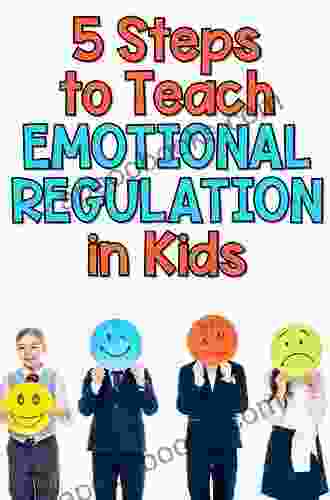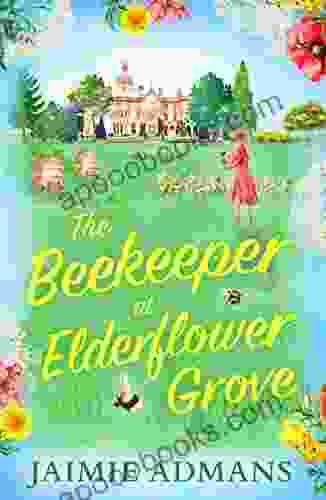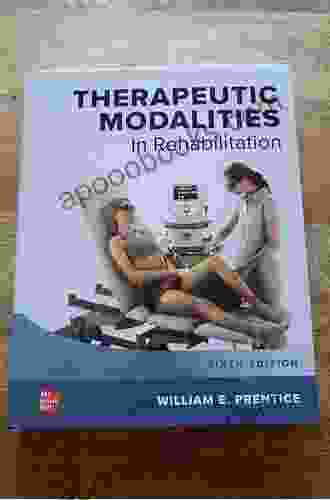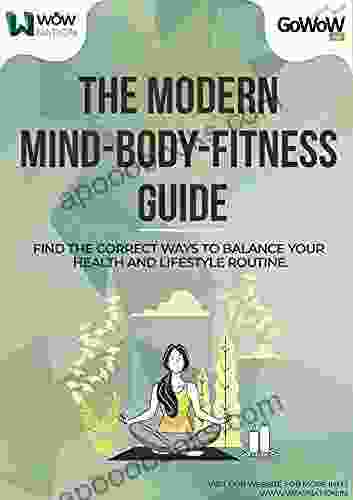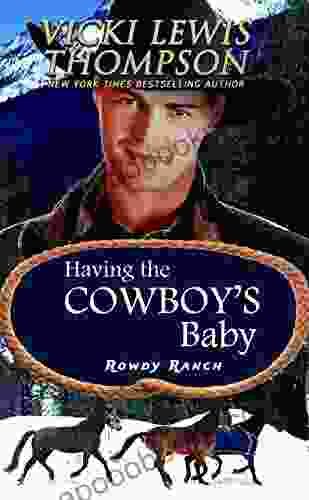Integrating Self-Regulation in the Early Childhood Classroom: A Comprehensive Guide

Self-regulation, the ability to manage emotions, thoughts, and behaviors, is a crucial skill for success in life. In the early childhood classroom, fostering self-regulation is essential for creating a positive and productive learning environment. This comprehensive guide will provide early childhood educators with the knowledge and strategies they need to effectively integrate self-regulation into their classrooms.
4.3 out of 5
| Language | : | English |
| File size | : | 2106 KB |
| Text-to-Speech | : | Enabled |
| Screen Reader | : | Supported |
| Enhanced typesetting | : | Enabled |
| Word Wise | : | Enabled |
| Print length | : | 142 pages |
What is Self-Regulation?
Self-regulation encompasses a range of skills, including:
- Emotional regulation: Managing and expressing emotions appropriately
- Cognitive regulation: Controlling attention, focus, and memory
- Behavioral regulation: Controlling impulsive behaviors and making responsible choices
- Social regulation: Interacting effectively with others and following social norms
Self-regulation is not an innate skill; it must be taught and practiced over time. By providing children with opportunities to practice self-regulation skills in a supportive environment, early childhood educators can help them develop the self-regulation skills they need to succeed.
Why is Self-Regulation Important in Early Childhood?
Self-regulation is essential for success in all areas of life, including academic achievement, social relationships, and emotional well-being. In the early childhood classroom, self-regulation skills can help children to:
- Manage their emotions and behaviors, even in challenging situations
- Stay focused and learn effectively
- Make responsible choices
- Interact positively with others
- Develop a healthy sense of self
Children who lack self-regulation skills are more likely to experience problems in school, such as difficulty paying attention, following directions, and managing their emotions. They are also more likely to have social problems, such as difficulty making friends and resolving conflicts peacefully.
How to Integrate Self-Regulation into the Early Childhood Classroom
There are many ways to integrate self-regulation into the early childhood classroom. Here are a few tips:
- Create a supportive environment. Children need to feel safe and supported in Free Download to learn self-regulation skills. This means providing them with a consistent and predictable routine, as well as opportunities to practice self-regulation skills in a positive and encouraging environment.
- Teach children about self-regulation. Children need to understand what self-regulation is and why it is important. Talk to them about the importance of managing their emotions, controlling their impulses, and making responsible choices. You can also use books, songs, and games to help children learn about self-regulation.
- Provide opportunities to practice self-regulation skills. Children need opportunities to practice self-regulation skills in Free Download to develop them. Provide them with activities that challenge them to manage their emotions, control their impulses, and make responsible choices.
- Support children's efforts. Children will make mistakes as they learn self-regulation skills. It is important to be patient and supportive, and to help them learn from their mistakes. Provide them with positive reinforcement when they demonstrate self-regulation skills, and help them to develop strategies for managing their challenges.
Integrating self-regulation into the early childhood classroom is essential for creating a positive and productive learning environment. By providing children with opportunities to practice self-regulation skills in a supportive environment, early childhood educators can help them develop the self-regulation skills they need to succeed in school, in relationships, and in life.
4.3 out of 5
| Language | : | English |
| File size | : | 2106 KB |
| Text-to-Speech | : | Enabled |
| Screen Reader | : | Supported |
| Enhanced typesetting | : | Enabled |
| Word Wise | : | Enabled |
| Print length | : | 142 pages |
Do you want to contribute by writing guest posts on this blog?
Please contact us and send us a resume of previous articles that you have written.
 Book
Book Novel
Novel Page
Page Chapter
Chapter Text
Text Story
Story Genre
Genre Reader
Reader Library
Library Paperback
Paperback E-book
E-book Magazine
Magazine Newspaper
Newspaper Paragraph
Paragraph Sentence
Sentence Bookmark
Bookmark Shelf
Shelf Glossary
Glossary Bibliography
Bibliography Foreword
Foreword Preface
Preface Synopsis
Synopsis Annotation
Annotation Footnote
Footnote Manuscript
Manuscript Scroll
Scroll Codex
Codex Tome
Tome Bestseller
Bestseller Classics
Classics Library card
Library card Narrative
Narrative Biography
Biography Autobiography
Autobiography Memoir
Memoir Reference
Reference Encyclopedia
Encyclopedia Stephen Perrine
Stephen Perrine Ozzy Osbourne
Ozzy Osbourne Timothy Ross
Timothy Ross Sven Beckert
Sven Beckert Fiona Baker
Fiona Baker William Stanley Braithwaite
William Stanley Braithwaite Sherry Johnson Deal
Sherry Johnson Deal Samuel Richardson
Samuel Richardson Youme Inoue
Youme Inoue Sharon Waters
Sharon Waters Richard L Allington
Richard L Allington Steven M Cahn
Steven M Cahn Donna Andersen
Donna Andersen Flora Ferrari
Flora Ferrari Viola Grace
Viola Grace Sophal Ear
Sophal Ear Ziauddin Sardar
Ziauddin Sardar Joseph Stone
Joseph Stone K Anne Meinel
K Anne Meinel Tessa Arlen
Tessa Arlen
Light bulbAdvertise smarter! Our strategic ad space ensures maximum exposure. Reserve your spot today!
 Denzel HayesFollow ·19.2k
Denzel HayesFollow ·19.2k Rob FosterFollow ·17.1k
Rob FosterFollow ·17.1k Henry Wadsworth LongfellowFollow ·2k
Henry Wadsworth LongfellowFollow ·2k Brenton CoxFollow ·4.6k
Brenton CoxFollow ·4.6k Aldous HuxleyFollow ·4.7k
Aldous HuxleyFollow ·4.7k Leslie CarterFollow ·5.5k
Leslie CarterFollow ·5.5k Dalton FosterFollow ·4.3k
Dalton FosterFollow ·4.3k Henry GreenFollow ·16k
Henry GreenFollow ·16k

 Harry Cook
Harry CookRape Blossoms and White Sky: A Floral Symphony of...
A Kaleidoscope of Colors...

 Vic Parker
Vic ParkerThe Passion of Jovita Fuentes: Unveiling the...
Immerse yourself in the...

 Cormac McCarthy
Cormac McCarthySinners and Saints: A Dark New Adult High School Bully...
Sinners and Saints is...
4.3 out of 5
| Language | : | English |
| File size | : | 2106 KB |
| Text-to-Speech | : | Enabled |
| Screen Reader | : | Supported |
| Enhanced typesetting | : | Enabled |
| Word Wise | : | Enabled |
| Print length | : | 142 pages |


